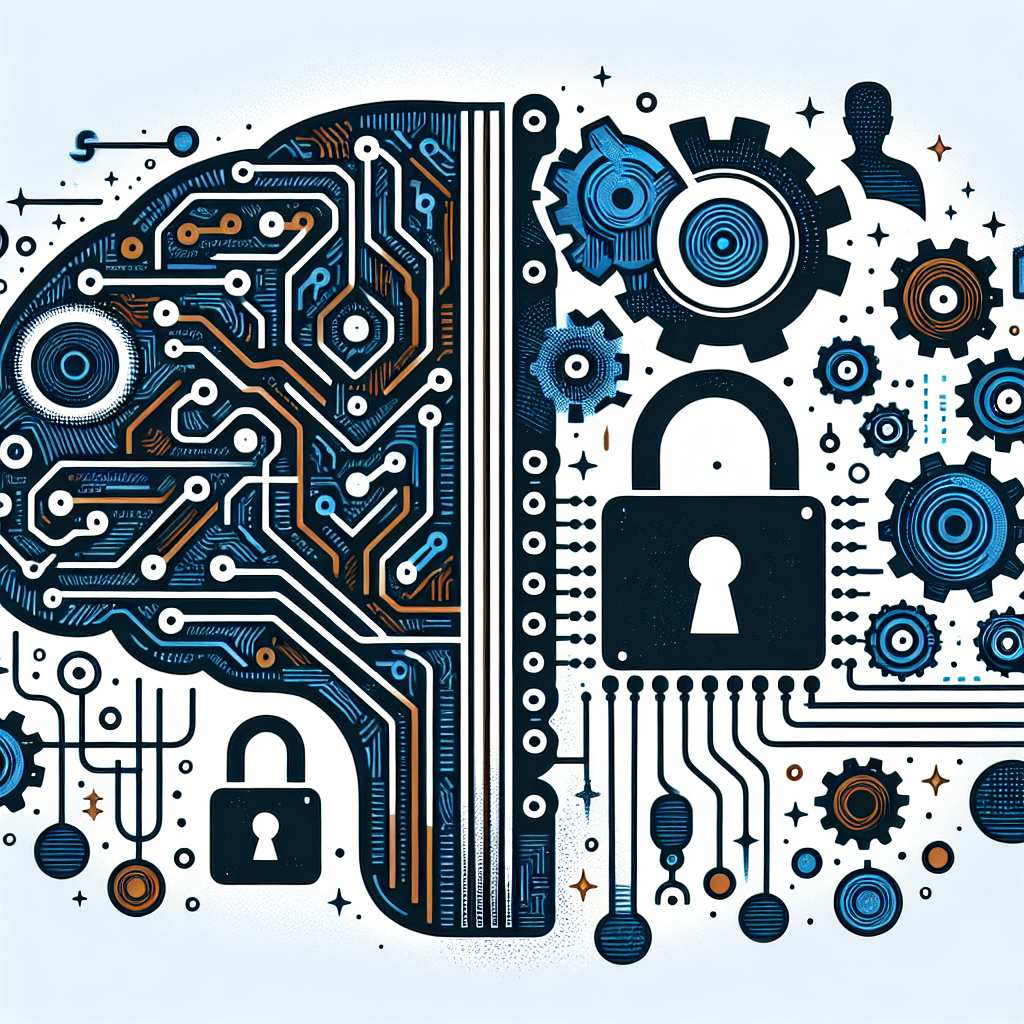Artificial intelligence (AI) algorithms are increasingly being used in various aspects of our lives, from personalized recommendations on streaming platforms to autonomous vehicles. While these algorithms offer numerous benefits, such as improved efficiency and convenience, they also raise significant privacy concerns. Understanding the privacy implications of AI algorithms is crucial in ensuring that our personal data is protected and used ethically.
One of the main privacy implications of AI algorithms is the collection and use of personal data. AI algorithms rely on vast amounts of data to learn and make decisions, which often includes sensitive information about individuals. This data can be collected from various sources, such as social media, online activities, and even physical surveillance. The use of this data raises concerns about privacy, as individuals may not be aware of the extent of data collection or how it is being used.
Another privacy concern is the potential for bias in AI algorithms. AI algorithms are trained on data sets that may contain biases, such as gender, race, or socioeconomic status. These biases can be perpetuated in the algorithm’s decision-making process, leading to discriminatory outcomes. For example, a hiring algorithm that is trained on biased data may inadvertently discriminate against certain groups of people. This raises concerns about fairness and transparency in AI algorithms, as individuals may not be aware of the biases present in the algorithms that affect their lives.
Furthermore, the use of AI algorithms in surveillance and monitoring raises significant privacy concerns. AI-powered surveillance systems can track individuals’ movements, behavior, and activities, raising concerns about mass surveillance and invasion of privacy. For example, facial recognition technology used in public spaces can track individuals without their consent, leading to concerns about the misuse of personal data and violation of privacy rights.
In addition to these concerns, the lack of transparency and accountability in AI algorithms complicates the issue of privacy. AI algorithms are often complex and opaque, making it difficult for individuals to understand how their data is being used and for what purposes. This lack of transparency can lead to a lack of accountability for the decisions made by AI algorithms, as individuals may not be able to challenge or question the outcomes of these algorithms.
To address these privacy implications, it is essential to implement robust data protection measures and ethical guidelines for the development and deployment of AI algorithms. This includes ensuring that data collection is minimized and anonymized whenever possible, that biases in data sets are identified and mitigated, and that individuals have control over their personal data and how it is used.
In conclusion, understanding the privacy implications of AI algorithms is crucial in ensuring that individuals’ personal data is protected and used ethically. By addressing issues such as data collection, bias, surveillance, transparency, and accountability, we can harness the benefits of AI algorithms while safeguarding privacy rights. As AI technology continues to advance, it is essential to prioritize privacy and ethical considerations to build trust and ensure the responsible use of AI algorithms.
FAQs:
Q: How do AI algorithms collect personal data?
A: AI algorithms collect personal data from various sources, such as social media, online activities, and physical surveillance. This data is used to train the algorithms and make decisions.
Q: How can biases in AI algorithms be mitigated?
A: Biases in AI algorithms can be mitigated by identifying and addressing biases in data sets, using diverse and representative data, and implementing fairness and transparency measures in algorithm design.
Q: What can individuals do to protect their privacy from AI algorithms?
A: Individuals can protect their privacy from AI algorithms by being mindful of the data they share online, using privacy settings on social media platforms, and advocating for data protection laws and ethical guidelines for AI development.

